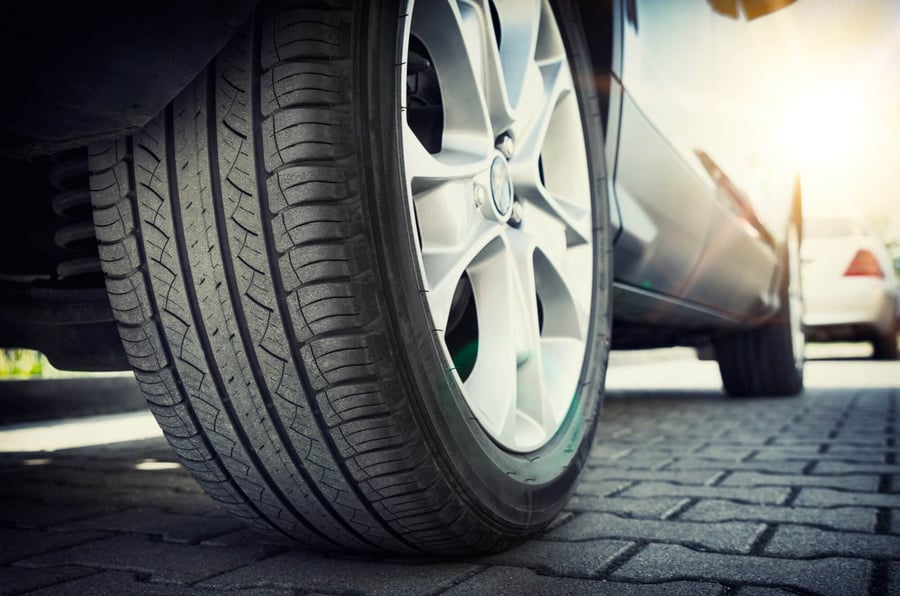
Just like the shoes on your feet, the tires on your car can make or break your ride. So don’t make the mistake of buying the wrong tires for your vehicle.
While you’re on the hunt for wheels with a deal, you’ll likely debate between summer tires vs all season tires. Knowing the difference is key to buying the right tires.
Keep reading to find out which tires are best for your car.
Summer Tires Vs All Season
The main difference between these two types of tires is that all-season tires can perform well in warm weather, but might offer less grip than summer tires. All season tires might not have the same braking, steering, and cornering abilities like summer tires. Here’s more information on each type of tire.
All-Season Tires
All-season tires can balance and work well in dry and wet conditions and also show. These tires are made for the average driver with rubber compounds and moderate thread depths made to tread longer than summer tires.
All-season tires come in a range of different models, sizes, types, speed ratings, and load capacities. You can use these tires on vehicles from economy cars and sedans to mini-vans and pick-up trucks. All-season tires allow you to drive comfortably while still handling the road.
You can also use all-season tires in warm weather; they just might have less grip in hotter conditions than summer tires. You will have less braking, cornering, and steering capabilities with all-season tires when it’s hot out. This trade-off is how all-season tires can perform well in light winter weather while having a longer tread life.
All-season tires can give traction in the winter but are not suggested for extreme weather conditions. You may want to switch to snow tires for severe winter weather.
Since all-season give you a little of summer and winter performance, these tires are best for drivers in moderate driving conditions and climates.
Summer Tires
If you have a high-performance vehicle, you’ll want summer tires which are built for agility and speed. These tires have increased cornering, braking capabilities, and responsiveness. This is because of these tires specialized rubber compounds and tread patterns which let these tires have precision on the road.
Summer tire’s tread patterns have more rubber contact to the road and less grooving. These tires are meant to give the most road-holding grip. Summer tires tread compounds are meant to be more flexible and have more grip and traction.
These tires will also have tread depths that are more shallow which allows them to be more stable when pushed closer to their limits. In terms of winter driving, all-season tires are more suitable than summer tires. This is because of their blend of summer and winter performance abilities.
Choose The Right Tire
When picking out the right tire, it’s not as simple as mounting a set on and not looking back. You’ll want to consider the climate you live in, your performance needs and driving conditions before you decide on a tire.
You will want all the tires on your car to be the same type of tire, so all summer, winter or all-season tires. You also want to be sure your tires meet your manufacturer’s speed rating, load capacity, and recommended size. For more resources on cars, check out our blog!
